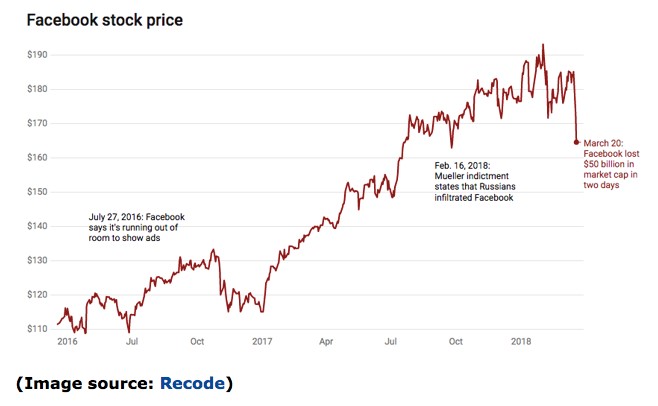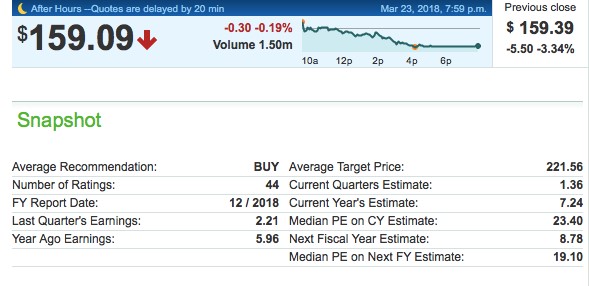For better or worse, social media is a weapon of mass persuasion--but in its meteoric rise, it’s gone from conventional to nuclear and while it could be on course to self-destruct advertising money won’t disappear that easily.
The Facebook scandal that brings to light the mass harvesting of data for the purpose of political gain means the public can no longer bask in a state of self-denial. Privacy has been exposed as a farce, and the consequences are rippling through the entire social media industry.
Media has always been a tool of both good and bad. Before it was ‘social’, media played a horrifying role in the 1994 Rwandan genocide, for which two journalists were sentenced to prison for fueling the mass killings using print and radio media to suggest that “the graves are not yet full”. Media played a similar role in the wars in the former Yugoslavia, and before that, in Nazi Germany.
Viewed from the American lens at this moment, it’s become a tool of Russian propaganda, political campaign abuse—and mass consumerism.
Cambridge Analytica, the political consulting firm caught harvesting the personal data of over 50 million Facebook users allegedly to help the Trump campaign to victory, has been boasting about its success.
The London-based company’s senior executives went as far as to flaunt their skills at psychological manipulation, entrapment techniques and fake news campaigns. Senior executives at Cambridge Analytica were even caught on film suggesting they could use sex workers, bribes and misinformation to help various political candidates bust through the ballot boxes.
On a normal day, this might have drummed up some new clients for them, but in the current atmosphere, it has consequences.
According to the whistleblower in this case, data was sold to Cambridge Analytica, which used it to develop “psychographic” profiles of people and deliver pro-Trump material to the online. The company denies it used any data for the Trump campaign.
This is no longer about free speech.
According to the Freedom House annual report, internet freedom is on the decline for the seventh year in a row as governments use social media to influence elections. The report said that “online manipulation and disinformation tactics played an important role in elections in at least 18 countries over the past two years, including the United States”.
Facebook CEO Mark Zuckerberg is on the apology campaign now. He’s even taken out full-page newspaper ads to say he’s sorry:

(Click to enlarge)
But his days of silence at the height of the scandal came at a cost, with one of the biggest trending headlines turning into something along the lines of “How to Delete Your Facebook Account—For Real”. Related: Gold Moves Higher On Geopolitical Tensions
Analyst Ross Gerber of Gerber Kawasaki, speaking on CNBC’s Closing Bell, suggests that social media has reached its peak, predicting that “daily active users in the North American region in Facebook will decline in this quarter and will continue to decline…”
Facebook lost $50 billion in value last week.

(Click to enlarge)
And some high-profile figures are being very public about getting rid of their Facebook pages. Over the weekend, Elon Musk deleted the Facebook pages for Tesla and SpaceX, and movements are growing that could lead to a much larger exodus.
Facebook has lost billions, dragging down other social media stocks in its wake, as fears mount that the scandal will lead to more stringent regulations on the digital advertising industry. But it’s the advertisers who will make or break social media, and until they see a mass exodus, they won’t leave in numbers that could make Facebook fail.
“They have such a big platform that at this stage you don’t want to bet against the business,” Brian Wieser, an analyst at Pivotal Research, told Quartz. “We’d have to see substantial erosion in the user base, and I don’t mean millions of users.”
There are still a ton of ‘buy’ ratings out there for FB:

(Click to enlarge)

(Click to enlarge)
So will this be the death of social media? Probably not, the Kool-Aid’s still too tasty, and there’s too much money to be made. But it might be the birth of a new regulatory environment that will drag social media stocks down from their heyday.
By David Craggen for Safehaven.com
More Top Reads From Safehaven.com:
















